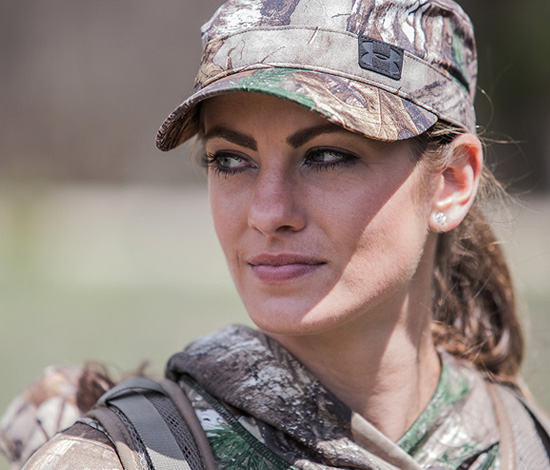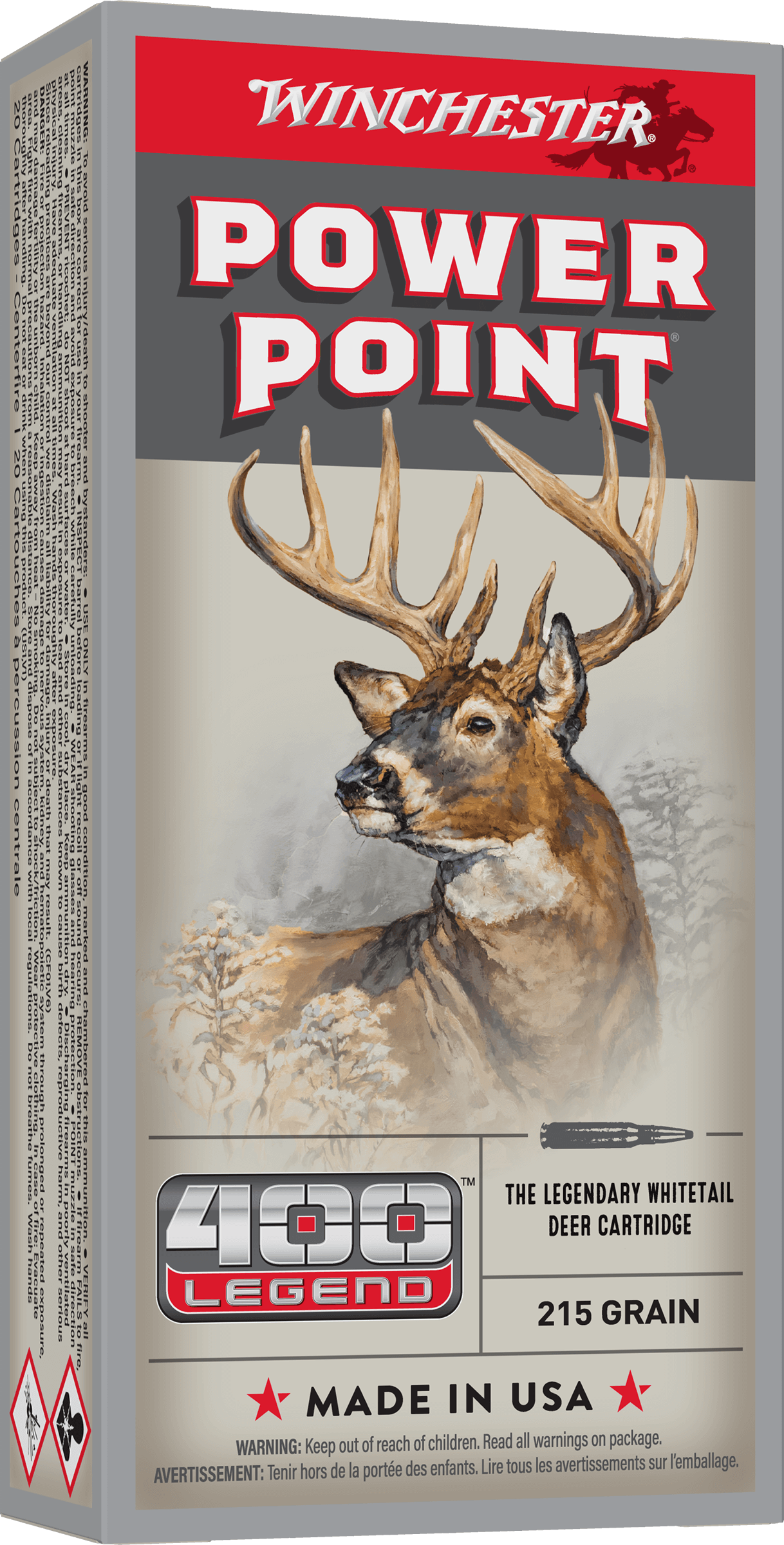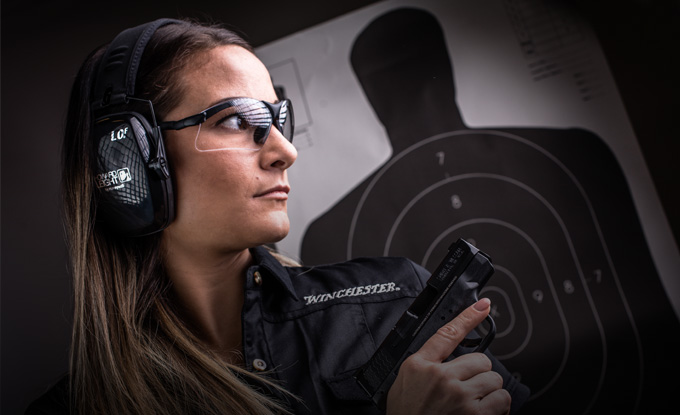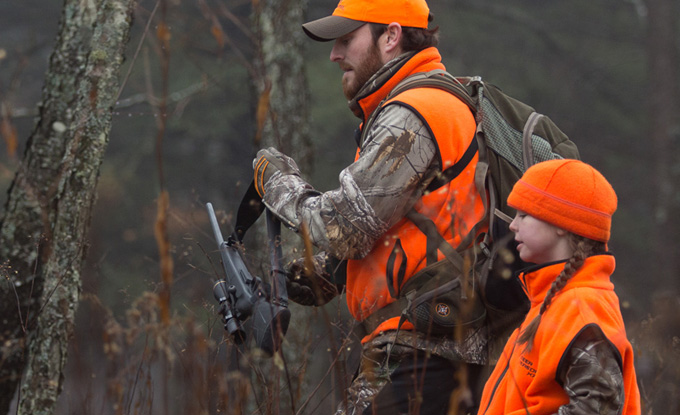Tips to Prepare Your Dog for a Long Waterfowl Season
Day in and day out many of us have hunting season on our minds while we spend time preparing for whatever our future hunts may have in store. This same mentality should also be used for man’s best friend who also needs the proper preparation for peak performance once hunting season arrives.
Being new to waterfowl hunting and not having a dog of my own, I decided to turn to gun dog trainer, hunting enthusiast and president of Lone Duck Outfitters, Bob Owens, for some knowledgeable insight on what it takes to get a dog ready for the season. We touched on everything from strategies for good conditioning, proper nutrition, and “must have” products to help keep a dog safe and performing at their best while out in the field this fall.
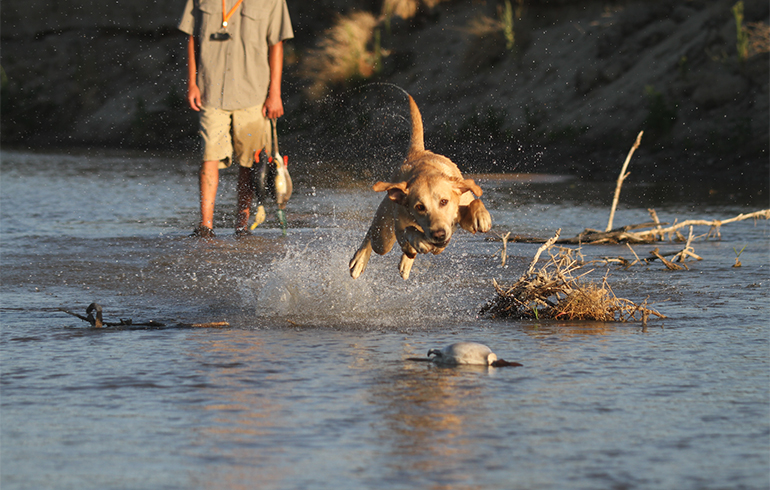
Getting tuned up and ready to go:
As a hunter we know that we need to practice shooting all summer if we want to hit targets and perform to the best of our abilities. What are some drills and exercises we should be revisiting with our dogs to get them prepared for the season?
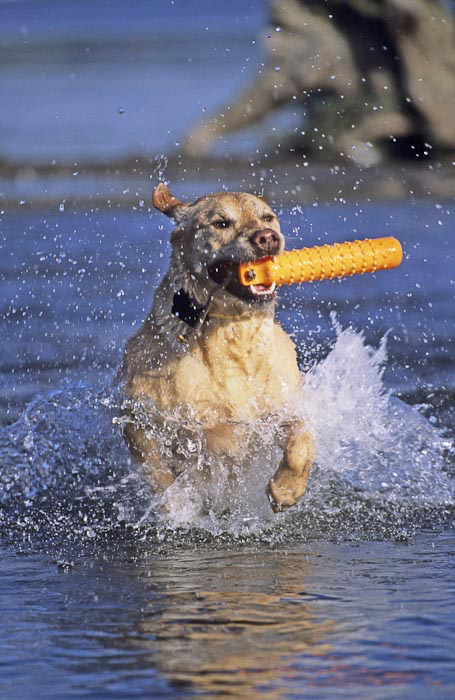
“This is a great question that has two avenues we can go down, so I will touch on both. The first avenue would be if the person has a young dog and this will be the dog’s first hunting season, a total rookie! The second avenue is an older dog that has hunted but needs to be tuned up physically and mentally to perform at their full potential.
If this is the dog’s first duck season, it is your job to prepare them properly. That means you need to introduce them to all the various scenarios they may encounter in the duck blind or goose field. Opening day should not be the first time they see a real duck or goose. It also shouldn’t be the first they have a 12 gauge shotgun booming over their head like it’s a civil war reenactment! Introducing a young dog to gunfire is easy, as long as it is done properly. Here is a link to a quick video that will explain the process to ensure your dog doesn’t become gun shy.
https://www.youtube.com/watch?v=0WdDOm2_Oak&t=22s
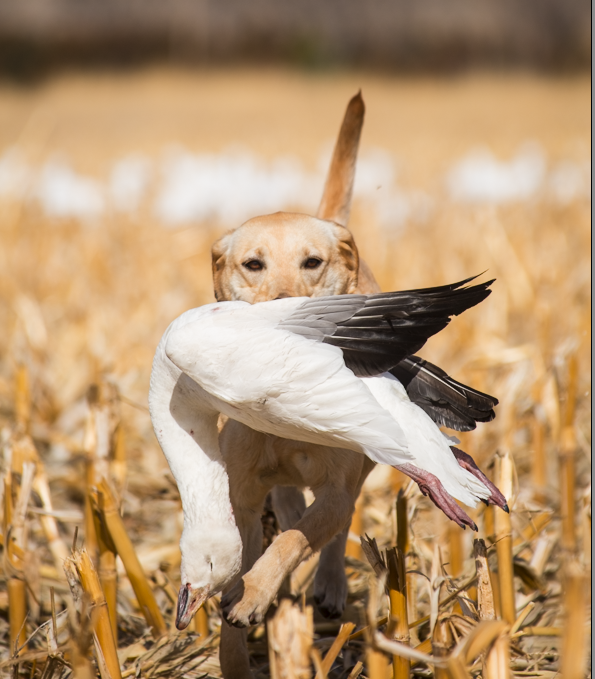
A young dog should also be introduced to decoys, boats, duck blinds, dead birds, and live birds all before you embark on the first hunt! It is our job to make sure the dog is prepared for what they will see in the field. Truly, nothing should be new to them!
Lastly, leave your gun at home on the first hunt and take a buddy or two who can shoot well. Your job is to work the dog. It is your buddy’s job to knock birds down so your dog will be successful! You should focus on good obedience in the blind, control during the shooting so your dog remains steady, and then help your dog find and retrieve the birds. After a few successful volleys of shots and kills, the dog will start to put it all together. The first hunt or two should have an emphasis on teaching the dog.
For an older dog who has hunted before, things are a little easier. I would make sure they are properly conditioned fitness wise, brush up on their steadiness to shot and fall, and get them re-acclimated to decoys, boats, and blinds. I love hunting over a dog that can performblind retrieves, which is when they don’t see a bird fall and you guide them to the area using a whistle and hand signals. This is extremely helpful with crippled birds or when multiple birds fall. If your dog can run blind retrieves, by all means, brush up on their skills by increasing distance and difficulty. If they haven’t learned how to run blinds yet, the off season is the perfect time to get out and train.”
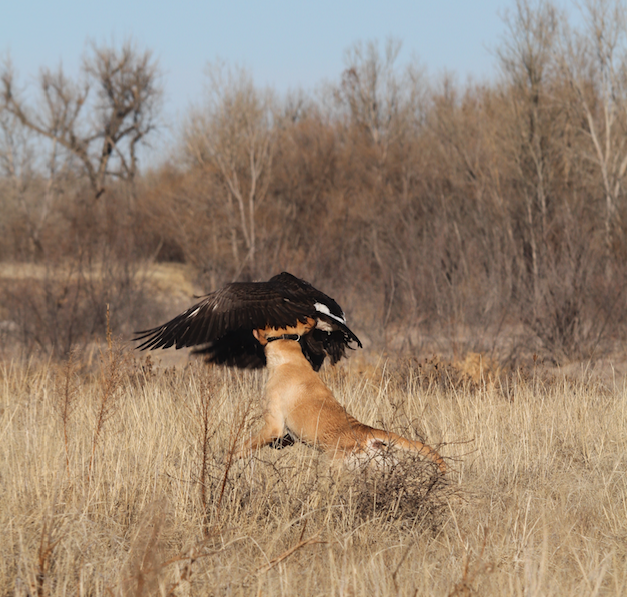
Are some exercises better than others? (Swimming versus running)
“Waterfowl hunting and upland game bird hunting can be tough on a dog’s body, so proper conditioning is important to start months in advance. Think about it, we couldn’t just strap a pair of running shoes on and expect to finish a marathon without some proper training, right? Your dog is no different. Swimming is much easier on their joints, but running in fields is great too. I steer clear of running dogs on pavement because the constant pounding on the hard surface isn’t ideal for long term joint health.
Another factor to consider is the dog’s body weight. An overweight dog will fatigue more quickly, is susceptible to heat exhaustion, and the extra weight is terrible for their joints. Keeping a dog at a healthy weight year round is ideal!
In the end, if you exercise and train your dog a few days a week throughout the summer, your dog will be well prepared physically and mentally for hunting season.”
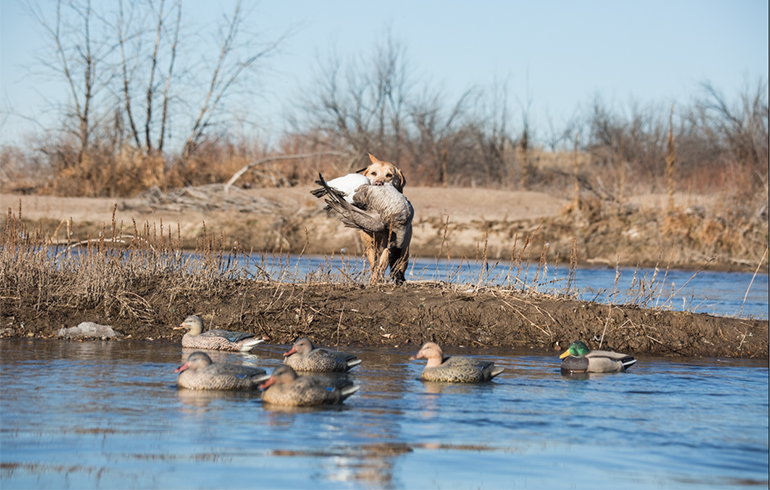
Proper nutrition:
There are countless options available in terms of dog food that can make it overwhelming to pick one out. What should you look for when selecting the one for your pet?
“Your hunting dog is an athlete. Athletes need proper nutrition to function at an optimal level. Saving a few bucks per month on dog food is not the way to go; especially when the dog works so hard for you. When I look at a bag of dog food, I look for foods with high protein and high fat content. This is the fuel they need to perform. I also look for foods that don’t have added fillers or empty calories.”
Would you recommend bringing dog treats or food with you to the blind?
“I always carry a few treats with me in my blind bag. If I forget them, I end up sharing my peanut butter and jelly sandwich or my mom’s banana bread. Honestly, this isn’t for performance or anything special, I just feel like it is something nice during the slow periods on a hunt.”
Must have products
As with any type of hunting, the products used will vary depending on where, when and what you are hunting but what are the staples to always keep on hand when hunting with your dog?
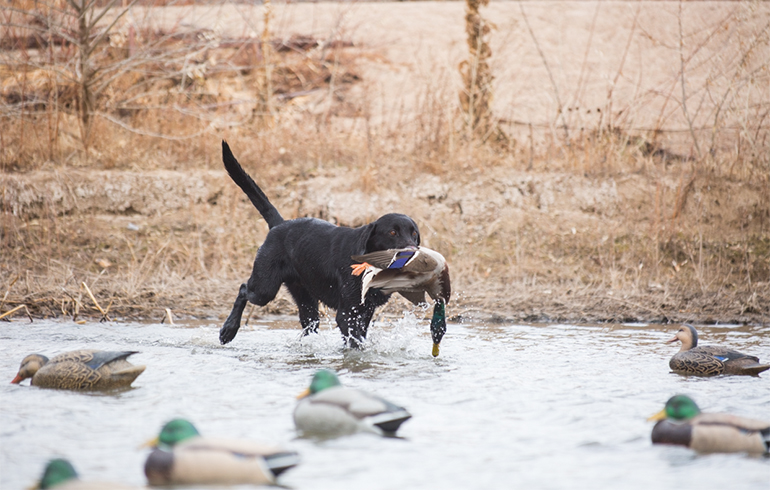
“There are a bunch of great products for training and hunting with your dog – here is my list:”
- I use bumpers daily. I always keep one in my blind bag for slow hunts so the dog can have some fun.
- A good neoprene vest that fits properly. This will help prevent hypothermia and potential puncture wounds.
- I suggest learning about e-collars and how to train your dog properly with one.
- For a rookie gun dog, a tie down stake or steady tab to prevent breaking. It is extremely dangerous to hunt with a dog that runs or swims after birds while people are shooting.
- A good dog stand to keep the dog out of the water during the hunt.
- Last item I always keep in my blind bag is a small first aid kit. It doesn’t need to be elaborate, just some tape, scissors, tweezers, etc.
Overall, if you train your dog, exercise your dog, and acclimate them to what they will see in the field, you will have a great hunting companion for many years to come. The hard work we put in during the offseason pays dividends come opening day! Good luck and enjoy every minute in the field with your hunting dogs.”
RELATED CONTENT:
How to Best Prepare for the Late-Waterfowl Season
